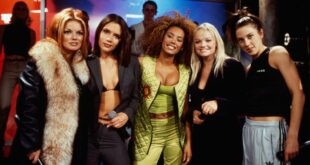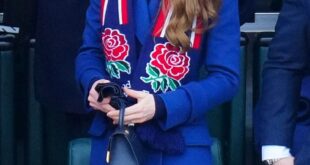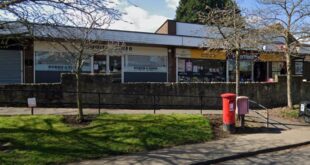This evening of poetry and the story of a life in the company of poet and playwright Inua Ellams was first seen at the Edinburgh Fringe in 2017. Its urgency and impact hasn’t diminished since then; it feels essential viewing, but it isn’t particularly theatrical.
The Bridge is a delicate space for a single performer. It takes a large presence to make it feel small. Ellams, modest and unassumingly downbeat, comes over as an engaging and attractive figure; it is a pleasure to spend time in his company, which is part of the point. But the show is almost too quiet to make its profound points. He sits on a stool throughout, accompanied by music from DJ Sid Mercutio. When he reads a poem, the lights change. It is a little too still and too predictable and perhaps needed a director to release its full impact.
But it still packs a punch. Ellams’ story, of his family’s decision to leave Nigeria when he was 12 because their half-Muslim half-Christian home breaches the hard-line beliefs of the local imam (the area he lived has since become associated with Boco Haram, though this is not something he labours) is full of telling detail and absorbing, soaring poetry.
He tells of his origins, of his middle-class boarding school where simply being a “clever little skinny bastard” made him the target of bullies, of the shock of encountering racism when he first comes to London. He talks about the family’s three years in Dublin, when their English immigration status is queried thanks to a crooked lawyer and the vagaries of the Royal Mail, and of their return to a continuing legal nightmare which takes on almost Kafka-esque proportions when he is at a reception at Buckingham Palace (thanks to his success as a poet) at the same time as the Home Office are turning down his family’s application for indefinite leave to remain.
He paints, vividly, through the dense atmosphere of his witty and emotional poetry, his sense of loss and confusion. “Poetry saved my life,” he states, unequivocally, going on to describe how the support of Fuel Theatre (co-producers of this show) helped him to forge his exceptional career as the writer of Barber Shop Chronicles and a new version of Three Sisters for the National Theatre.
Such success, and his father’s loving support of his family which led to him suffering a stroke, is set in the context of the hostile environment created by successive British Home Secretaries. Ellams’ anger on behalf, not only of himself, but of all the 70 million displaced people (30 million of them children) looking for a home, is quiet but fierce. “Migration is our oldest human trait,” he points out. And he quotes a friend who tells him that “no-one leaves home unless it is the mouth of a shark.”
He makes us see it from his point of view, to understand the human cost and suffering behind the statistics. The fact that he can talk about it all with such humour, warmth and gentle defiance, is a triumph of the human spirit as well as of a poetic soul.
Loading…
Source link



